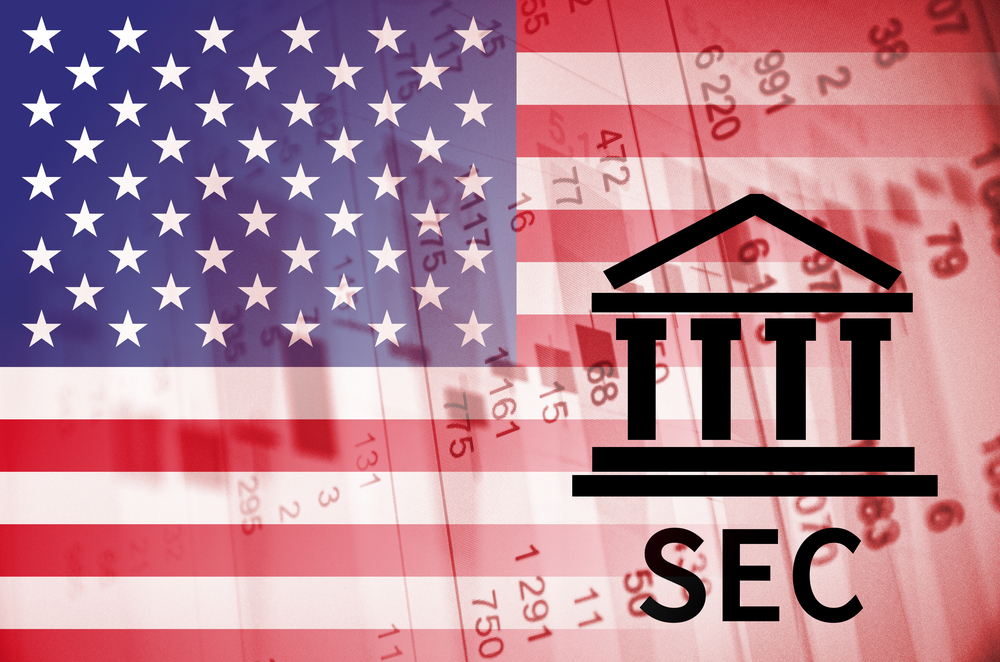
On March 30, 2017, a bipartisan group of Senators introduced a bill called “Stronger Enforcement of Civil Penalties Act of 2017” (the “SEC Penalties Act”) to “crack down on Wall Street fraud” that would significantly increase civil monetary penalties in SEC enforcement actions up to $1 million per violation for individuals and $10 million per violation for entities, or three times the money gained in the violation or lost by the victims. Currently, the maximum civil monetary penalties in SEC enforcement actions are $181,071 per violation for individuals and $905,353 per violation for entities.[1]
The SEC Penalties Act raises the maximum penalties under all three penalty tiers, would tie penalties to the scope of harm and associated investor losses, triple the maximum penalty caps under each tier for recidivists who have been held criminally or civilly liable for securities fraud within the preceding five years, and provide the SEC with authority to seek disgorgement of ill-gotten gains in SEC administrative actions (currently disgorgement is only available in federal district court actions). The legislation would not alter the current three-tier penalty structure or the standards for establishing a penalty under each tier, and does not define how administrative law judges and federal district courts should interpret the “each act or omission” language in the penalty statutes.[2]
The bill was introduced in the Senate by U.S. Senators Jack Reed (D-RI), Chuck Grassley (R-IA), Patrick Leahy (D-VT), and Heidi Heitkamp (D-ND). “This bipartisan bill will enhance the ability of securities regulators to protect investors, deter Wall Street fraud, and punish repeat offenders,” said Senator Reed. “Investors deserve real protection, and the law needs to change to ensure the punishment fits the crime. This bill gives the SEC more tools to demand meaningful accountability from Wall Street.” Co-sponsor Senator Grassley said, “If a fine is just decimal dust for a Wall Street firm, that’s not a deterrent.”
With respect to the maximum penalty tier, the Senate press release states:
Most Serious Violations. The maximum penalty for an individual charged with the most serious violations (i.e., third tier violations involving fraud, deceit, manipulation, or deliberate or reckless disregard of a regulatory requirement that resulted in substantial losses to victims or substantial pecuniary gain to the violator) could not exceed, for each violation, the greater of (i) $1 million, (ii) three times the gross pecuniary gain, or (iii) the losses incurred by victims as a result of the violation. The maximum amount that could be obtained from entities charged with the most serious violations could not exceed, for each violation, the greater of (i) $10 million, (ii) three times the gross pecuniary gain, or (iii) the losses incurred by victims as a result of the violation.
The bill must be considered by the Banking, Housing, and Urban Affairs Committee before it may be voted on by the full U.S. Senate.
The Financial Choice Act also includes an increase in the SEC’s penalty authority, so this legislation might actually pass a vote in Congress. However, Congress has failed to pass such legislation twice before in 2012 and 2015, and it is yet to be seen how the Trump administration will respond.
In comparison to The SEC Penalties Act, The Financial Choice Act requires the SEC to balance the deterrent effect on punishing corporations against the negative impact civil penalties would have on innocent shareholders when imposing civil penalties. The SEC has issued similar guidance in the past. In 2006, the SEC issued the following guidelines for determining whether or not to impose penalties against corporations: (1) the presence or absence of a direct benefit to the corporation as a result of the violation; (2) the degree to which the penalty will recompense or further harm the injured shareholders; (3) the need to deter the particular type of offense; (4) the extent of the injury to innocent parties; (5) whether complicity in the violation is widespread throughout the corporation; (6) the level of intent on the part of the perpetrators; (7) the degree of difficulty in detecting the particular type of offense; (8) presence or lack of remedial steps by the corporation; and (9) extent of cooperation with Commission and other law enforcement.
[1] The SEC civil penalty amounts are amended each year for inflation. See https://www.sec.gov/rules/final/2017/33-10276.pdf
[2] The bill would change the SEC’s penalty authority under Section 8A(g)(2) (15 U.S.C. 77h–1(g)(2)) and Section 20(d)(2) (15 U.S.C. 77t(d)(2)) of the Securities Act of 1933; Section 21(d)(3)(B) (15 U.S.C. 78u(d)(3)(B)) and Section 21B(b) (15 U.S.C. 78u–2(b)) of the Securities Exchange Act of 1934; Section 9(d)(2) (15 U.S.C. 80a–9(d)(2)) and Section 42(e)(2) (15 U.S.C. 80a–41(e)(2)) of the Investment Company Act of 1940; and Section 203(i)(2) (15 U.S.C. 80b–3(i)(2)) and Section 209(e)(2) (15 U.S.C. 80b–9(e)(2)) of the Investment Advisers Act of 1940.

